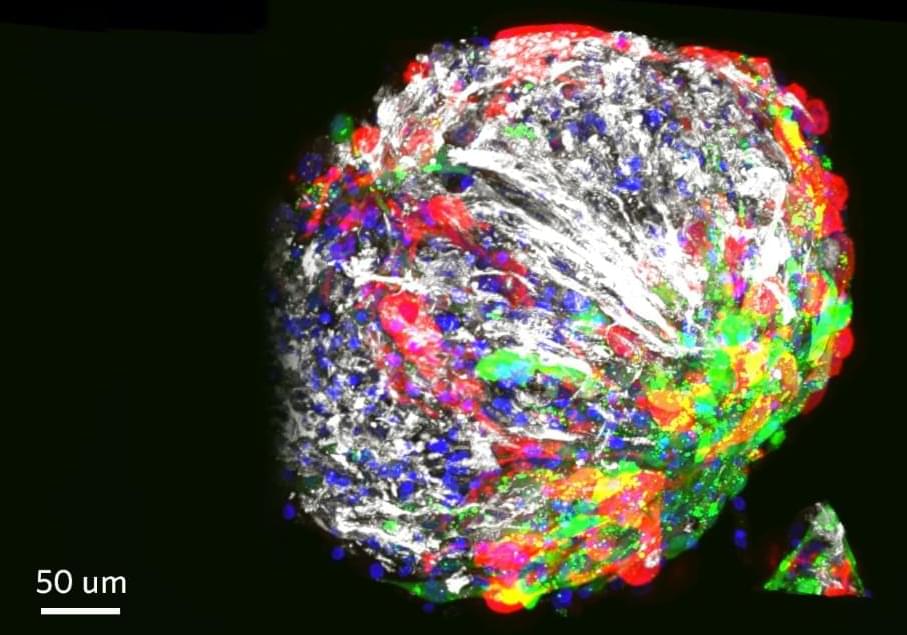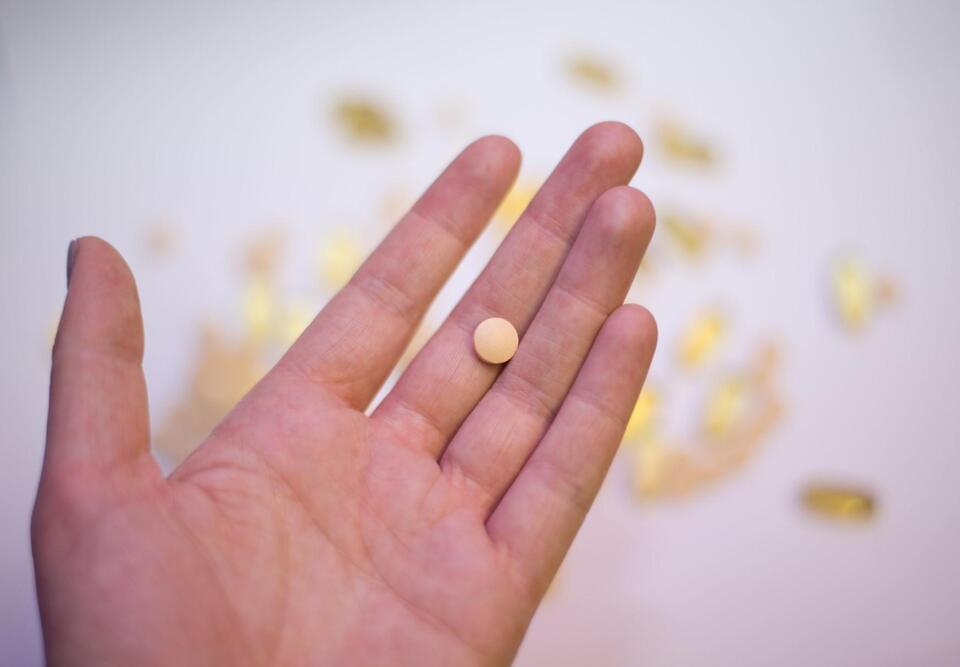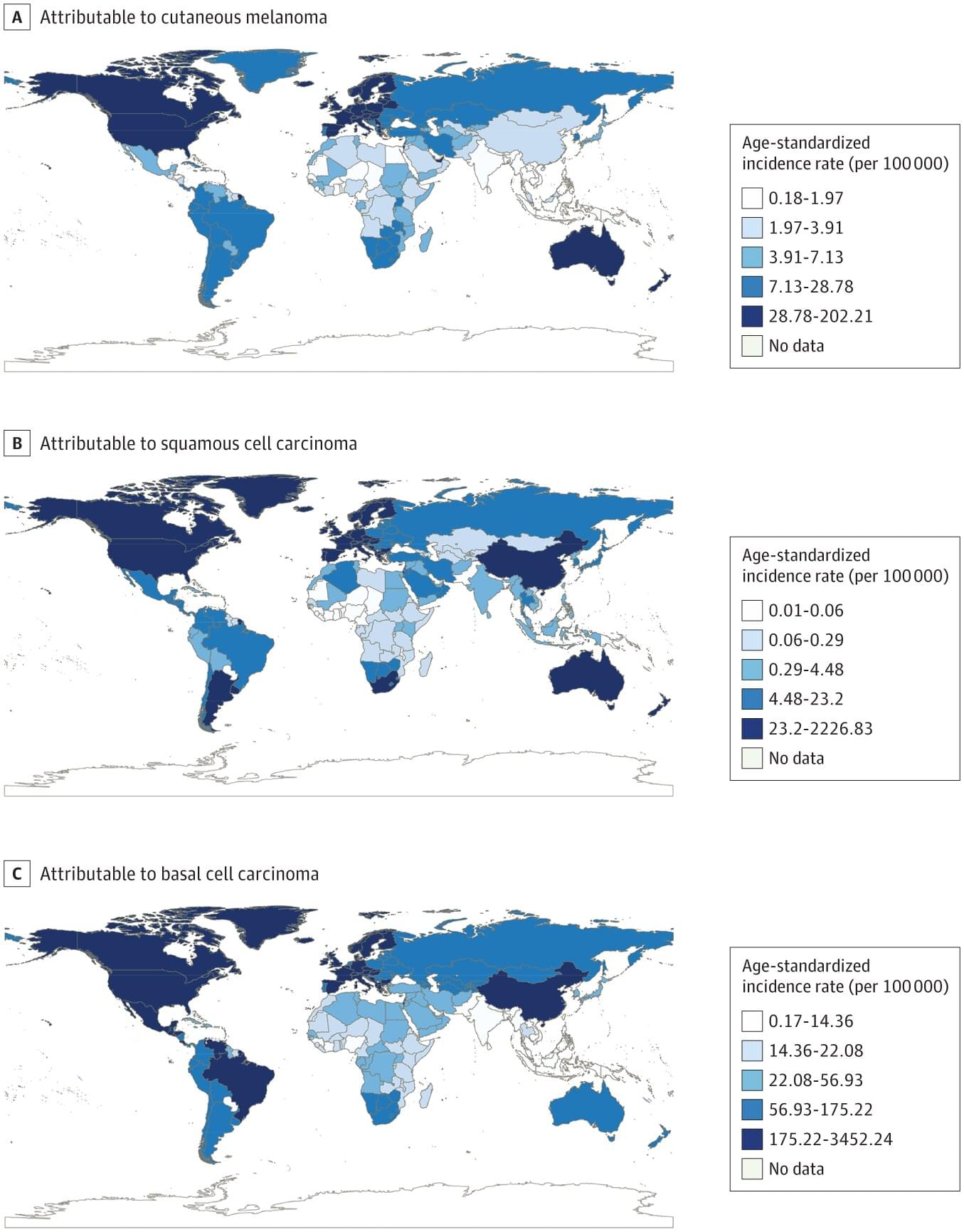Rapidly maturing lab-grown human heart cells and tissues could open the door to better drug discovery and regenerative medicine.



Results from the VITAL randomized controlled trial reveal that vitamin D supplementation helps maintain telomeres, protective caps at the ends of chromosomes that shorten during aging and are linked to the development of certain diseases.
The new report, published in The American Journal of Clinical Nutrition, is based on data from a VITAL sub-study co-led by researchers at Mass General Brigham and the Medical College of Georgia, and supports a promising role in slowing a pathway for biological aging.
“VITAL is the first large-scale and long-term randomized trial to show that vitamin D supplements protect telomeres and preserve telomere length,” said co-author JoAnn Manson, MD, principal investigator of VITAL and chief of the Division of Preventive Medicine at Brigham and Women’s Hospital.


Researchers at the First Affiliated Hospital of Chongqing Medical University in China have uncovered a sharply rising burden of skin cancer in older adults driven largely by population growth and affecting men twice as often.
Skin cancer already ranks among the costliest malignancies to treat, and an aging world means more time for ultraviolet damage to accumulate. Previous research shows older patients now make up nearly three-quarters of new cases, yet global data capturing the full scope and trend in those over 65 remains scarce.
In the study, “Burden of Skin Cancer in Older Adults From 1990 to 2021 and Modelled Projection to 2050,” published in JAMA Dermatology, researchers mined the Global Burden of Diseases 2021 registry to quantify how melanoma, squamous cell carcinoma, and basal cell carcinoma affect adults aged 65 and older worldwide.
National Institutes of Health (NIH) scientists have developed a new surgical technique for implanting multiple tissue grafts in the eye’s retina.
The findings in animals may help advance treatment options for dry age-related macular degeneration (AMD), which is a leading cause of vision loss among older Americans.



Higher intakes of black tea, berries, citrus fruits and apples could help to promote healthy ageing, new research has found.
This study conducted by researchers from Edith Cowan University, Queen’s University Belfast and Harvard T.H. Chan School of Public Health, found that foods rich in flavonoids could help to lower the risk of key components of unhealthy ageing, including frailty, impaired physical function and poor mental health.
“The goal of medical research is not just to help people live longer but to ensure they stay healthy for as long as possible,” ECU Adjunct Lecturer Dr Nicola Bondonno said.

A study carried out at the Federal University of ABC (UFABC), in the state of São Paulo, Brazil, presents a new way to mitigate the rapid degradation of perovskite solar cells. The problem, which limits the use of these devices in everyday life, has challenged researchers in the field to find viable solutions.
Perovskite solar cells are a very promising photovoltaic technology. They are as efficient as silicon cells and have lower production costs. In addition, they are light, flexible and semi-transparent, which opens up numerous possibilities for applications such as windows, clothing or tents that can generate electricity from sunlight.
However, the commercialization of these cells is hampered by their low durability due to the degradation that perovskite materials undergo when exposed to humidity and ambient temperature conditions during both manufacturing and use. This degradation affects the performance of the devices over time and therefore their durability.
Join us on Patreon! https://www.patreon.com/MichaelLustgartenPhDDiscount Links/Affiliates: Blood testing (where I get the majority of my labs): https://www.u…